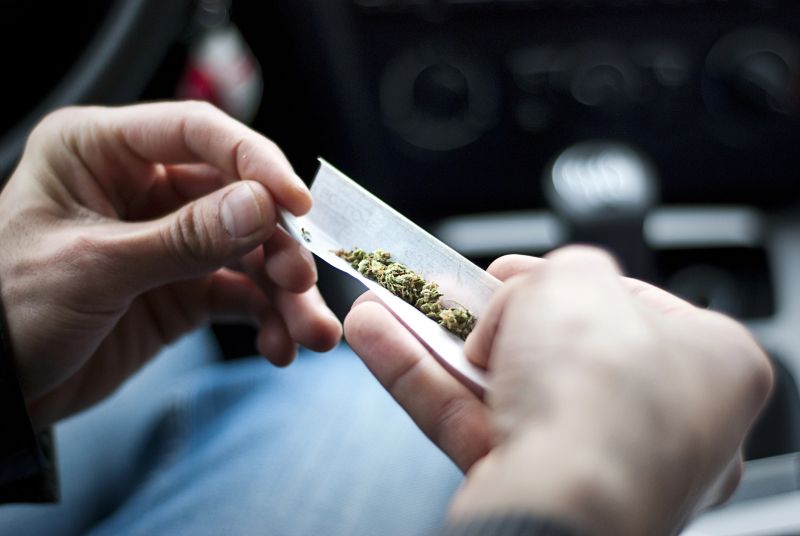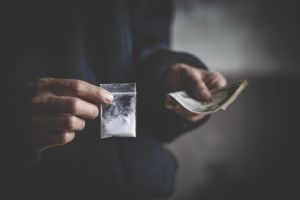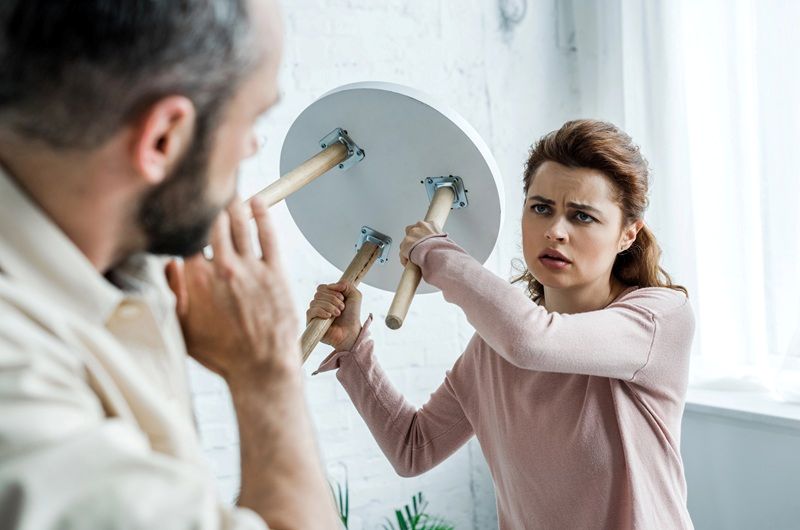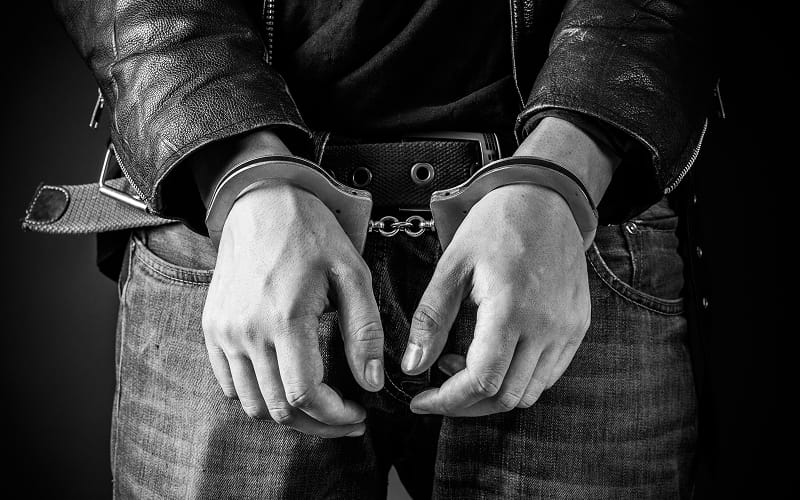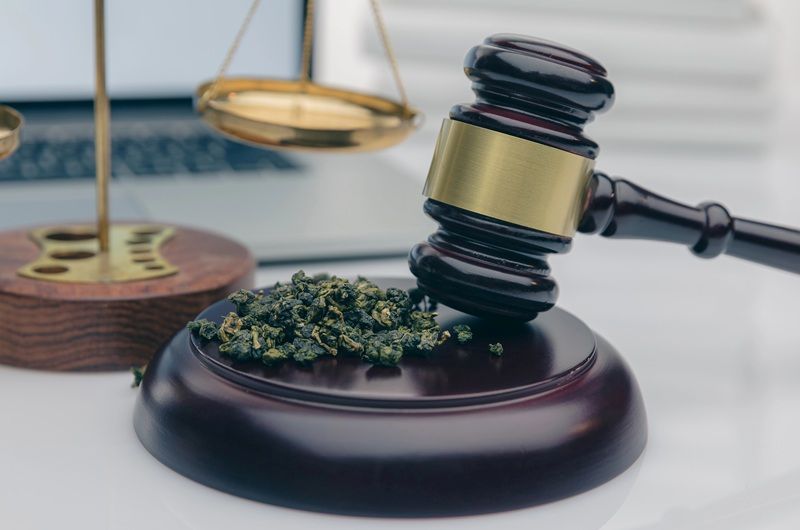Being charged with drug possession in Fairfax County can be life-altering. Virginia has strict laws that carry severe penalties, including jail time, fines, and lasting consequences on your record. Knowing your rights and available defense strategies can make a significant difference in the outcome of your case.
A possession charge comes with serious legal and personal stakes. In this article, see how Virginia classifies controlled substances, what penalties you might face, and what defenses could apply to your situation. Discover key legal strategies that may help challenge the prosecution’s case and protect your future.
What Are Virginia’s Drug Possession Laws?
Virginia has strict drug possession laws that categorize substances based on their medical use and potential for abuse. Possession of illegal drugs or unauthorized prescription medications can result in severe penalties, ranging from fines to lengthy prison sentences. Here are some to consider:
- Schedule I: Substances like heroin and LSD have a high potential for abuse and no accepted medical use. Possession is a Class 5 felony, punishable by up to 10 years in prison and a $2,500 fine.
- Schedule II: Drugs such as cocaine, methamphetamine, and oxycodone have a high abuse potential, but some medical uses. Possession is also a Class 5 felony with the same penalties as Schedule I.
- Schedule III: Medications like anabolic steroids and codeine-containing products have a lower risk of abuse and have accepted medical uses. Possession is a Class 1 misdemeanor, carrying up to 12 months in jail and a $2,500 fine.
- Schedule IV: Prescription drugs such as Xanax and Valium have a low risk of abuse and have an accepted medical use. Possession is a Class 2 misdemeanor, punishable by up to 6 months in jail and a $1,000 fine.
- Schedule V: Certain cough medicines with codeine have minimal abuse potential. Possession is a Class 3 misdemeanor, resulting in a fine of up to $500.
- Schedule VI: Substances like some inhalants have the lowest risk category. Possession is a Class 4 misdemeanor, carrying a fine of up to $250.
A drug possession conviction can stay on your record and create obstacles in your personal and professional life. Employers, landlords, and licensing boards often conduct background checks, making it harder to secure opportunities. Fighting the charge with a solid defense can help protect your future and avoid long-term consequences.
How Can You Fight A Drug Possession Charge?
A drug possession charge doesn’t automatically mean a conviction. Several legal strategies can challenge the evidence, law enforcement actions, or the prosecution’s case. A strong defense can mean the difference between a conviction and a dismissed or reduced charge.
Challenging Unlawful Search & Seizure
The Fourth Amendment protects people from illegal searches and seizures, requiring law enforcement to follow strict rules. Officers usually need a warrant, probable cause, or a legal exception to search a person, vehicle, or home. A lawyer can challenge the evidence in court if they search without proper authorization.
Proving an unlawful search can weaken the prosecution’s case in drug possession cases. If an officer found drugs through an illegal stop, search, or arrest, a defense attorney can argue for a case dismissal. Courts take constitutional violations seriously, and when police overstep their authority, the charges may not hold up.
Asserting Lack Of Knowledge
A possession charge requires proof that the accused knew about and controlled the drugs. Simply being near an illegal substance or in the same car as someone with drugs doesn’t automatically mean possession. The prosecution must show beyond a reasonable doubt that the accused knowingly and intentionally had the drugs.
A strong defense argues that the accused had no idea the drugs were there. It applies when officers find drugs in a borrowed car, a shared apartment, or an area others could access. If reasonable doubt exists about whether the accused knew about the drugs, the court could dismiss the case or rule not guilty.
Questioning Law Enforcement Procedures
Proper evidence handling plays a significant role in drug possession cases. Officers must maintain a transparent chain of custody, ensuring the evidence remains intact from its collection until trial. Mishandling, misplacing, or tampering with evidence raises doubts about the prosecution’s case.
Entrapment also provides a valid defense if officers pressure someone into committing a crime they wouldn’t have otherwise committed. This happens in sting operations where undercover officers push a person into possessing or buying drugs. If a lawyer proves entrapment, the court may drop the charges.
Analyzing The Substance
The prosecution must prove that the seized substance is an illegal drug. Sometimes, lab tests reveal that officers misidentified a substance, leading to wrongful charges. An attorney can request independent testing to confirm whether the alleged drugs are controlled substances.
Errors in testing or contamination of evidence can also provide a strong defense. The court may dismiss the case if the prosecution cannot present reliable proof that the substance is illegal. Without solid evidence, a possession charge won’t hold up.
Medical Authorization
Some controlled substances, like painkillers or anxiety medications, are legal with a valid prescription. If police charge someone with illegal possession of a prescription drug, they can present documentation from a doctor to support their defense. Courts recognize legitimate medical use, and proper documentation can lead to a dropped charge.
However, the prescription must be current and belong to the drug’s owner. If someone else owned the medication or you obtained it illegally, this defense may not apply. Providing medical records and pharmacy receipts can strengthen the case and help prevent a conviction.
Fighting a drug possession charge requires a strong legal strategy and a clear understanding of your rights. A conviction can impact your future, but the right approach may help reduce or dismiss the charges. It’s critical to get answers to any questions you have about your case and possible defense options.
What Do People Often Ask About Drug Charges?
Understanding a drug possession charge’s legal process and potential consequences can help you make informed decisions. Below are answers to some of the common questions about drug possession charges.
What Should You Do If Arrested For Drug Possession?
If police arrest you, staying calm and knowing your rights can make a difference in your case. You have the right to remain silent, and anything you say can work against you, so don’t answer questions without legal representation. Politely tell law enforcement you want to speak with an attorney before making any statements.
Can A First-Time Offender Avoid Jail Time?
First-time offenders in Virginia may qualify for alternatives to jail time, such as the First Offender Program under the Virginia Code. This program typically involves probation, substance abuse treatment, and community service. Completing the program can lead to a dismissal of charges, keeping the offense off your record.
Can You Prove The Drugs Weren’t Yours?
If police found drugs in a shared space, a borrowed car, or an area accessible to others, you can argue that they didn’t belong to you. A defense attorney can challenge the evidence by showing that law enforcement lacks direct proof linking you to the drugs.
How Can A Drug Possession Conviction Affect Your Future?
A criminal record makes it harder to find a job, qualify for professional licenses, secure housing, or receive financial aid for school. In many cases, you won’t have the option to remove the charge from your record. Working with a lawyer gives you a better chance of minimizing these long-term consequences.
Is Marijuana Possession Treated Differently In Virginia?
Virginia changed its marijuana laws, but restrictions still apply. As of July 1, 2021, adults 21 and older can legally possess up to one ounce of marijuana for personal use. However, possessing more significant amounts, distributing marijuana without authorization, or having it as a minor still leads to criminal charges.
Every case has unique details, and having a defense attorney ensures that you fight the charges with a solid plan. If you’re facing charges, speaking with a lawyer as soon as possible gives you a good chance at protecting your future.
What Fairfax County Criminal Attorneys Do For Your Defense?
A drug possession charge can turn your life upside down, leaving you worried about your future. You need a defense that focuses on your rights and the specific details of your case. At Fairfax County Criminal Attorneys, we look at every angle and fight to get charges reduced or dismissed when possible.
You don’t have to go through this alone. We take the time to listen, answer your questions, and guide you through the legal process so you always know what to expect. Whether negotiating for a better outcome, pushing for a dismissal, or defending you in court, we’re here to protect your future and rights.
Fighting a drug possession charge in Fairfax County starts with understanding Virginia’s drug laws and possible defenses. Challenging an unlawful search, proving a lack of knowledge, or questioning police procedures can weaken the prosecution’s case. A strong strategy can lead to reduced charges, alternative sentencing, or even a dismissal.
A conviction can bring lasting consequences, including fines, jail time, and a permanent record. Building a solid defense requires careful examination of the evidence and a strategic approach. Here is where Fairfax County Criminal Attorneys can provide the legal support needed to fight these charges and work toward a favorable solution.

